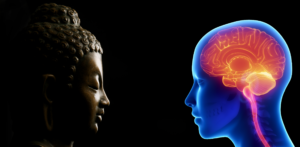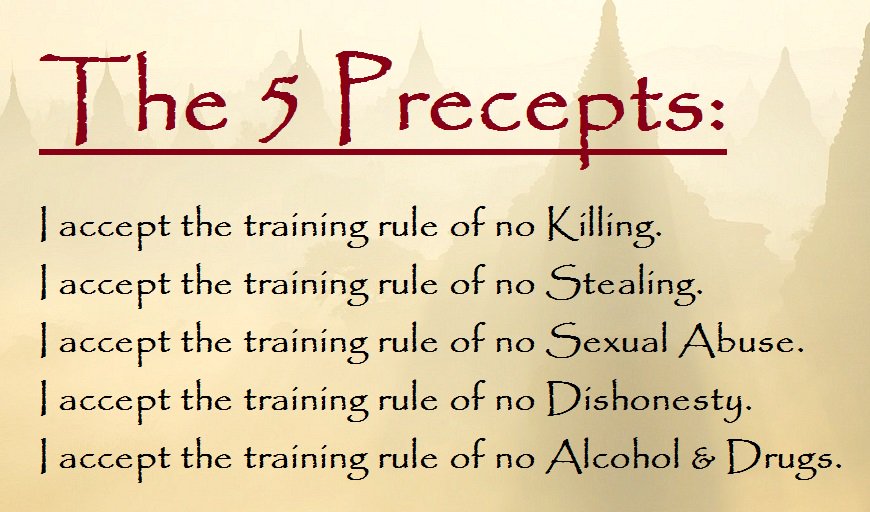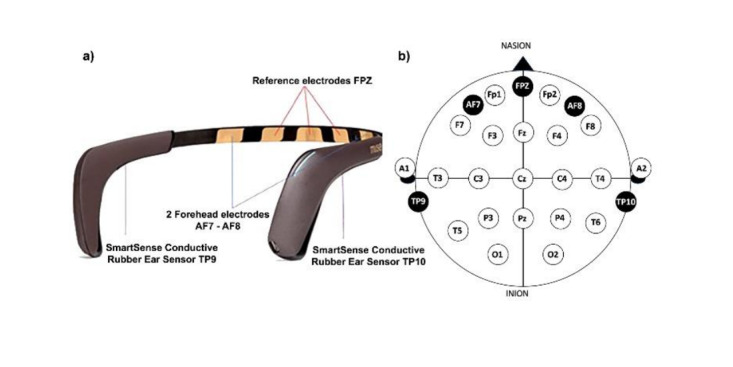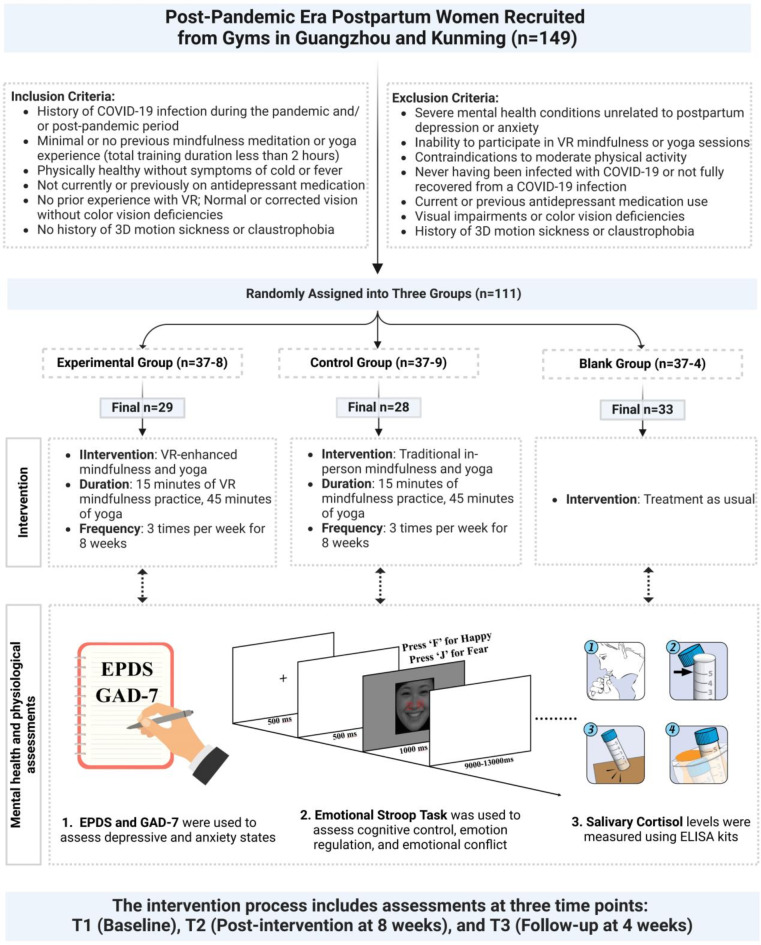
By John M. de Castro, Ph.D.
In today’s Research News article “Systematic Review and Meta-Analysis of Transcendental Meditation for Post-Traumatic Stress Disorder” (See summary below or view the full text of the study at: https://pmc.ncbi.nlm.nih.gov/articles/PMC12028398/) Orme-Johnson and colleagues reviewed, summarized and performed a meta-analysis of the effectiveness of transcendental meditation for the treatment of post-traumatic stress disorder (PTSD) in both military and civilian populations. They report that the controlled trials demonstrated that transcendental meditation produced significant clinically meaningful improvements in PTSD symptoms in both populations and genders regardless of age.
Transcendental meditation improves post-traumatic stress disorder.
CMCS – Center for Mindfulness and Contemplative Studies
This and other Contemplative Studies posts are also available on the Contemplative Studies Blog http://contemplative-studies.org
Study Summary
Orme-Johnson DW, Barnes VA, Rees B, Tobin J. Systematic Review and Meta-Analysis of Transcendental Meditation for Post-Traumatic Stress Disorder. Medicina (Kaunas). 2025 Apr 3;61(4):659. doi: 10.3390/medicina61040659. PMID: 40282950; PMCID: PMC12028398.
Abstract
Background and Objectives. Our recent systematic review and meta-analysis of all studies on meditation as treatment for PTSD (61 studies) found a moderate effect size of Hedges’s g = −0.67 for post-minus-pre change in symptom scores. Separate tests of the four meditation categories found a large effect size of g = −1.13 for the Transcendental Meditation (TM) technique that is significantly greater than for each other category. The present follow-up used a different method, calculating effects relative to internal controls, to better characterize the effects of this meditation technique. Materials and Methods. Our study followed Prisma guidelines. Major databases, research anthologies, and bibliographies were searched for studies that used TM for treating PTSD, all military and civilian populations, and all age groups. Results. The searches located 15 controlled trials on TM that met the inclusion criteria (longitudinal and reporting sufficient statistics to calculate effect sizes), 1248 subjects total, mean age 40.5 years (range 20.6 to 54.4 years), and 46.9% males (range 0% to 100%). Using the random effects model, the pooled effect across all studies of TM compared to other treatments was g = −1.01, 95% CI = −1.29 to −0.74, p < 0.000000001. One-study removed analysis found that no study reduced the pooled effect to less than −1.0. Funnel plots indicated no risk of bias. TM was non-inferior to prolonged exposure therapy, p = 0.0001, and it worked significantly faster (p = 0.04 at week six). Conclusions. TM produced clinically meaningful reductions in PTSD for civilian and military personnel, young and older adults, and for both men and women. We recommend phase-III multisite studies comparing TM with known first-line treatments for PTSD.






